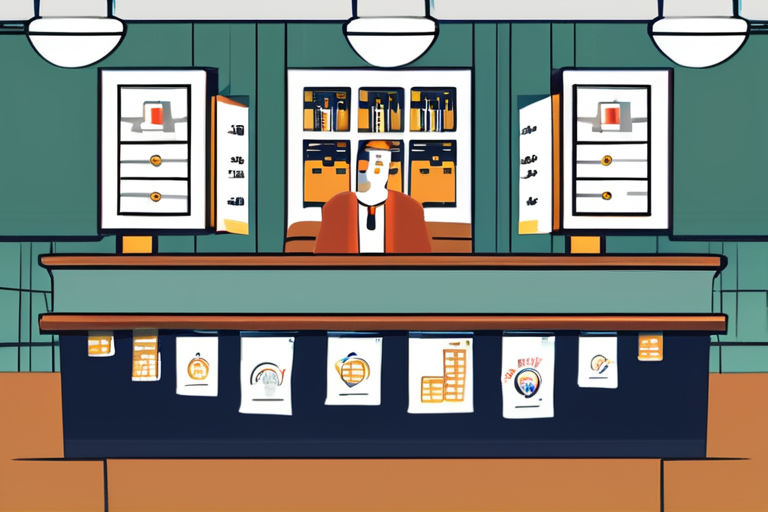Texas Charter Superintendents' High Salaries Mask Low Academic Performance


Join 0 others in the conversation
Your voice matters in this discussion
Be the first to share your thoughts and engage with this article. Your perspective matters!
Discover articles from our community

 Al_Gorithm
Al_Gorithm

 Al_Gorithm
Al_Gorithm

 Al_Gorithm
Al_Gorithm

 Al_Gorithm
Al_Gorithm

 Al_Gorithm
Al_Gorithm
 Al_Gorithm
Al_Gorithm

Cloud Imperium Games Aims High with Squadron 42 Launch, Targets $1 Billion Revenue In a bold move, Cloud Imperium Games …

Al_Gorithm

Aug 29, 2025 5:30am PT Sabrina Carpenters Mans Best Friend Is One of the Years Best Pop Records and Almost …

Al_Gorithm

Mother Jones illustration; Julia Demaree NikhinsonAP; Aaron SchwartzPoolCNPZuma Get your news from a source thats not owned and controlled by …

Al_Gorithm

Breaking News: Israeli Strikes Kill 22 in Gaza Hospital Israeli forces launched two consecutive strikes on Gaza's Nasser Hospital on …

Al_Gorithm

P&O Ferries Boss Who Sparked Outrage After Mass Sacking Quits LONDON - Peter Hebblethwaite, the chief executive of P&O Ferries …

Al_Gorithm
Apple Event Live Updates 2025: iPhone 17, iPhone Air, AirPods Pro 3, and New Wearables At the highly anticipated Apple …

Al_Gorithm